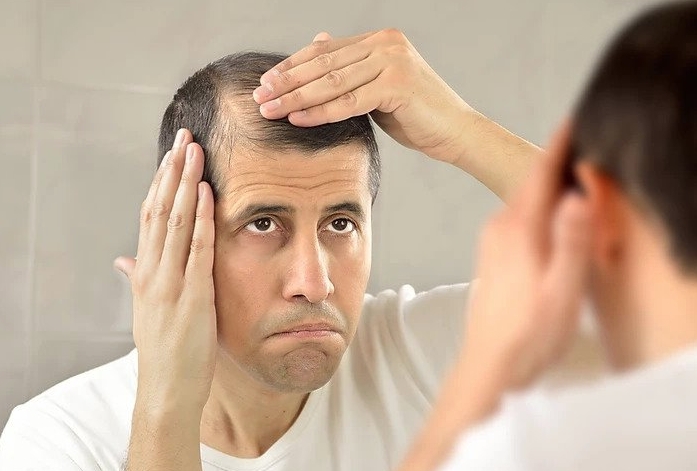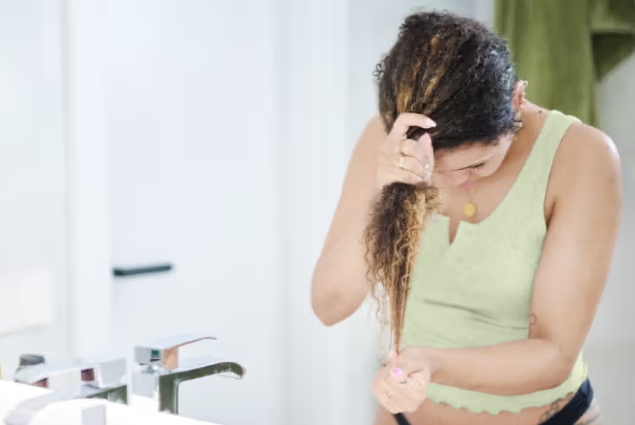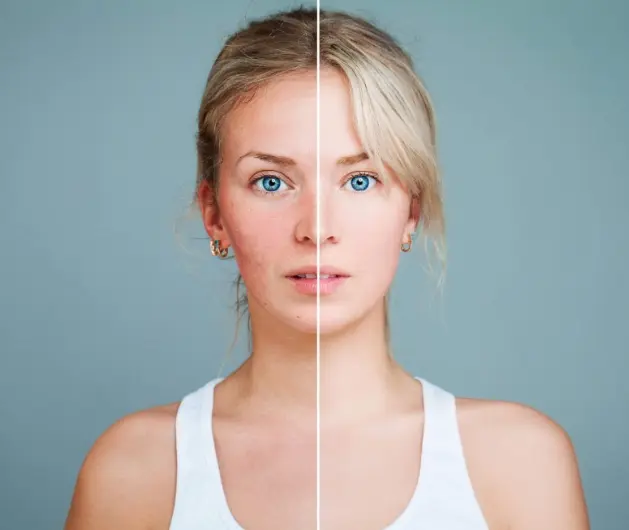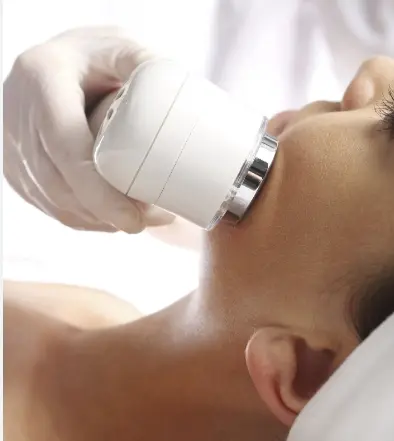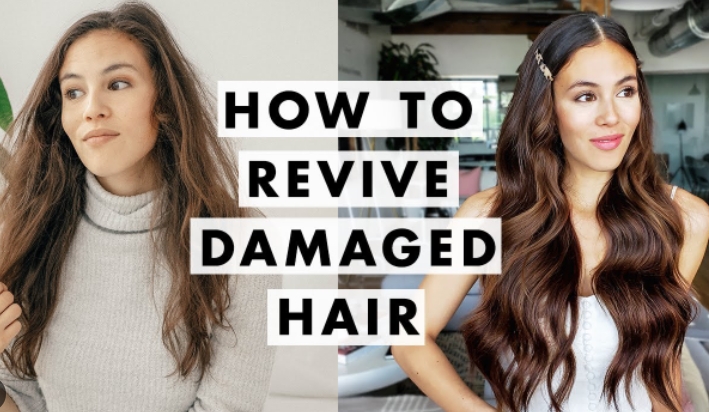
Identifying Hair Damage
Before you can effectively treat damaged hair, it's essential to recognize the signs of damage. Here are some common indicators that your hair may be damaged:
Signs of Hair Damage
- Dryness and Brittleness: Damaged hair often lacks moisture, making it dry, brittle, and prone to breakage.You can use this AI tool to see the effect of hair repair or hairstyle change. Save up to 81% on the Vidnoz Face Swap.Click here for 81% off.
- Split Ends: Split ends are a clear sign of hair damage, indicating that the hair shaft is weakening.
- Frizz and Flyaways: Damaged hair tends to be frizzy and unmanageable, with numerous flyaway strands.
- Dullness: Healthy hair reflects light and appears shiny, while damaged hair looks dull and lifeless.
- Tangles and Knots: Damaged hair is more prone to tangling and knotting, making it difficult to comb or brush.
- Elasticity Loss: Healthy hair stretches slightly when wet and returns to its original length without breaking. Damaged hair lacks this elasticity and breaks easily.

Common Causes of Hair Damage
Understanding the causes of hair damage can help you avoid further harm and implement effective recovery strategies.
Heat Styling
Frequent use of heat styling tools like blow dryers, flat irons, and curling irons can strip hair of its natural moisture and weaken the hair shaft, leading to damage.
Chemical Treatments
Chemical treatments such as coloring, perming, and relaxing can alter the hair’s natural structure, causing it to become weak and prone to damage.
Environmental Factors
Exposure to harsh weather conditions, pollution, and UV rays can take a toll on your hair’s health, leading to dryness and brittleness.
Poor Hair Care Practices
Using harsh hair products, over-washing, and aggressive brushing can all contribute to hair damage. Additionally, tight hairstyles that pull on the hair can cause breakage and hair loss.
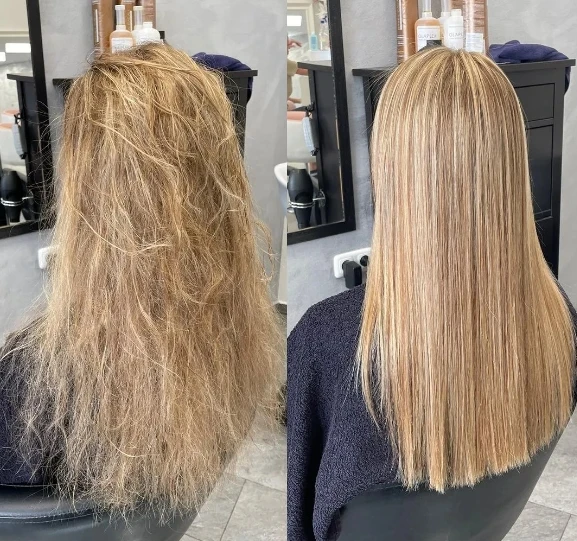
Strategies for Recovering Damaged Hair
Recovering damaged hair requires a combination of proper hair care practices, nourishing treatments, and lifestyle changes. Here are some effective strategies to help you restore your hair’s health:
Hydration and Moisture
- Deep Conditioning Treatments: Incorporate deep conditioning treatments into your weekly hair care routine. Look for products that contain ingredients like argan oil, shea butter, and keratin to provide intense moisture and repair.
- Leave-In Conditioners: Use leave-in conditioners to provide continuous hydration and protection throughout the day.
- Hair Masks: Apply hair masks once a week to deeply nourish and repair damaged hair. Look for masks with ingredients like coconut oil, honey, and avocado.

Gentle Hair Care Practices
- Avoid Heat Styling: Minimize the use of heat styling tools. When you do use them, apply a heat protectant spray to shield your hair from damage.
- Gentle Brushing: Use a wide-tooth comb or a soft-bristle brush to detangle your hair gently. Start from the ends and work your way up to avoid breakage.
- Proper Washing Techniques: Wash your hair with lukewarm water and use a sulfate-free shampoo to avoid stripping your hair of natural oils. Focus the shampoo on your scalp and let the suds run down the length of your hair.
Protective Hairstyles
Opt for protective hairstyles that minimize stress on your hair, such as braids, buns, and twists. Avoid tight hairstyles that pull on your hair and cause breakage.
Regular Trims
Regular trims are essential for maintaining healthy hair. Trim your hair every 6-8 weeks to remove split ends and prevent damage from spreading up the hair shaft.

Balanced Diet
A healthy diet is crucial for maintaining strong, healthy hair. Ensure your diet includes plenty of vitamins and minerals, such as:
- Protein: Hair is primarily composed of a protein called keratin. Include protein-rich foods like lean meats, eggs, and legumes in your diet.
- Vitamins and Minerals: Vitamins A, C, D, and E, along with iron, zinc, and omega-3 fatty acids, are essential for healthy hair growth. Include a variety of fruits, vegetables, nuts, and seeds in your diet.
Natural Remedies
Incorporate natural remedies into your hair care routine to help restore your hair’s health:
- Coconut Oil: Apply coconut oil to your hair and scalp to provide deep hydration and repair. Leave it on for a few hours or overnight for best results.
- Aloe Vera: Aloe vera has soothing and moisturizing properties that can help repair damaged hair. Apply aloe vera gel to your scalp and hair, leave it on for 30 minutes, and then rinse it off.
- Apple Cider Vinegar: Rinse your hair with a mixture of apple cider vinegar and water to restore its natural pH balance and add shine. Mix one part apple cider vinegar with two parts water and use it as a final rinse after shampooing and conditioning.
Scalp Care
A healthy scalp is essential for healthy hair growth. Incorporate these practices into your routine to maintain scalp health:
- Regular Cleansing: Keep your scalp clean to prevent buildup and clogged follicles. Use a gentle, sulfate-free shampoo and avoid over-washing.
- Scalp Massages: Massage your scalp regularly to stimulate blood circulation and promote healthy hair growth. Use your fingertips to gently massage in circular motions.
Preventive Measures
Preventing further damage is crucial for maintaining healthy hair. Here are some preventive measures to keep in mind:
- Protect from Sun Damage: Wear a hat or use hair products with UV protection when spending time outdoors to shield your hair from sun damage.
- Avoid Harsh Chemicals: Limit the use of harsh chemical treatments and opt for natural or gentle alternatives.
- Handle Wet Hair with Care: Wet hair is more prone to damage. Avoid brushing or combing wet hair vigorously and use a wide-tooth comb to detangle.
Conclusion
Recovering damaged hair requires patience, consistency, and a comprehensive approach to hair care. By incorporating deep conditioning treatments, adopting gentle hair care practices, and maintaining a healthy diet, you can restore your hair’s health and vitality. Remember, healthy hair starts from within, so take care of your overall well-being to achieve and maintain beautiful, resilient hair. With the right strategies and a commitment to proper hair care, you can recover from hair damage and enjoy healthy, gorgeous locks.

